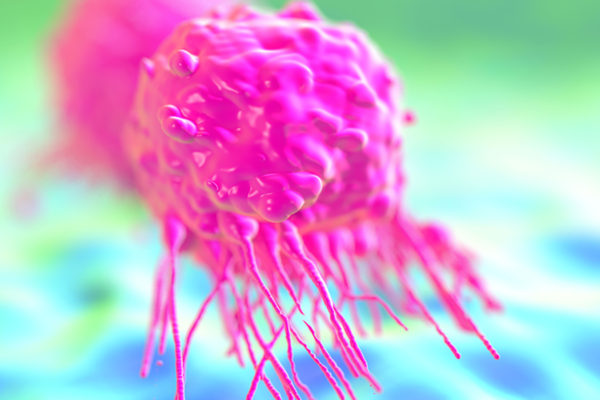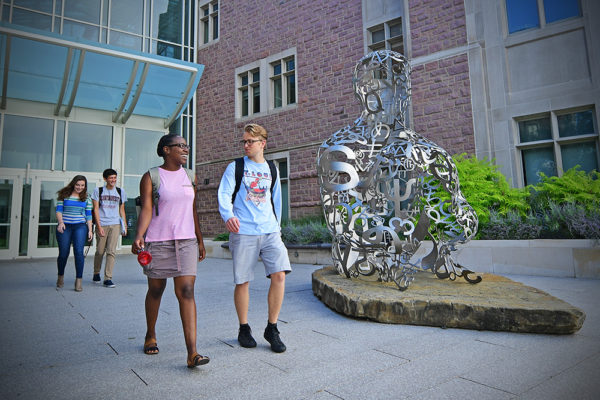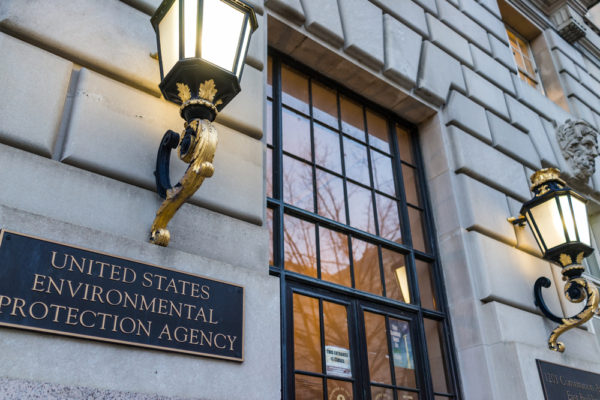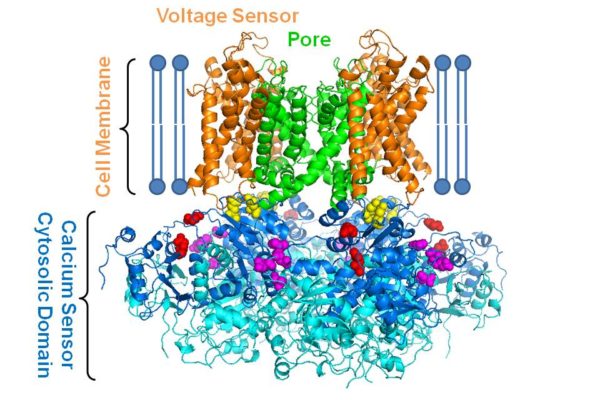WashU Expert: What’s next after Clean Power Plan executive order
As the EPA takes next steps to replace the Clean Power Plan, an engineer at Washington University in St. Louis who studies fossil fuel combustion says this week’s move will make it difficult for power providers to plan for the future.
Detecting, diagnosing women’s cancers in new ways
The National Institutes of Health has awarded a Washington University in St. Louis faculty member in the School of Engineering & Applied Science a total of $1.3 million to study new imaging techniques designed to better fight breast and ovarian cancers.
Media Advisory: Olin’s 100th Celebration
Olin Business School at Washington University in St. Louis is celebrating its centennial with a special reception Thursday, March 30 from 4-6pm.
Engineering offers new master’s focused on health-care operations
The School of Engineering & Applied Science at Washington University in St. Louis is offering a new master’s degree that will use engineering principles to dramatically improve health-care operations.
A probiotic stress fix
An engineer at Washington University in St. Louis is working to create a probiotic that would help protect the host from the negative health effects of adrenaline surges. The new probiotic could easily be mixed into yogurt or taken in pill form.
WashU Experts: Environmental budget cuts could be ‘grim’
A pair of engineers at Washington University in St. Louis say proposed federal budget cuts to science programs and agencies could signal sweeping changes in the way our nation regulates and researches the environment.
The Fed’s bank bailout
For the first time, new research from Washington University in St. Louis examines data from the 2007-09 financial crisis to show how the U.S. Federal Reserve can effectively assist banks in times of financial uncertainty.
Preventing lead spread
While lead pipes were banned decades ago, they still supply millions of American households with water each day. A team of engineers at Washington University in St. Louis has developed a new way to track where dangerous lead particles might be transported in the drinking-water supply during a common abatement procedure.
Ching earns 2017 NSF CAREER Award
ShiNung Ching will examine cognitive functions of the brain with a five-year, $500,000 CAREER award from the National Science Foundation (NSF). Ching is the Das Family Career Development Distinguished Assistant Professor of electrical and systems engineering in the School of Engineering & Applied Science at Washington University in St. Louis.
How molecular function affects high blood pressure, other diseases
By changing one small portion of a stimulus that influences part of one molecule’s function, engineers and researchers at Washington University in St. Louis have opened the door for more insight into how the molecule is associated with high blood pressure, autism and movement disorders.
View More Stories








